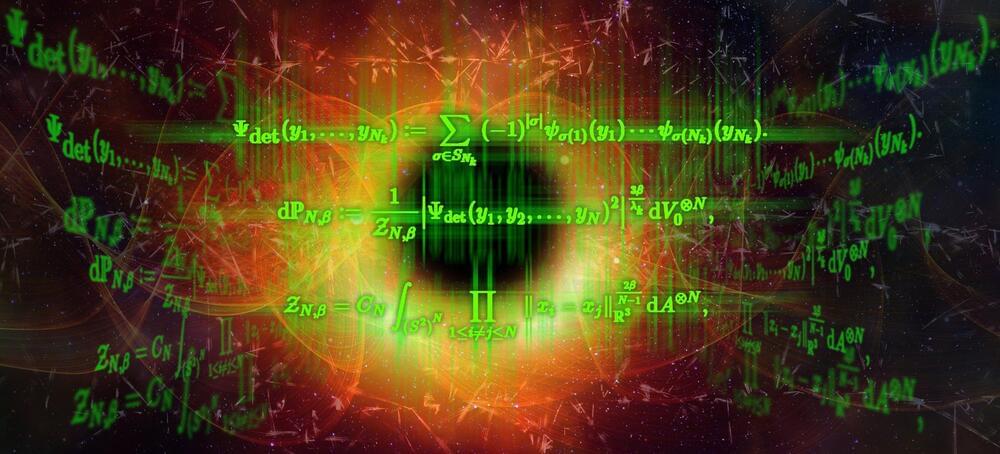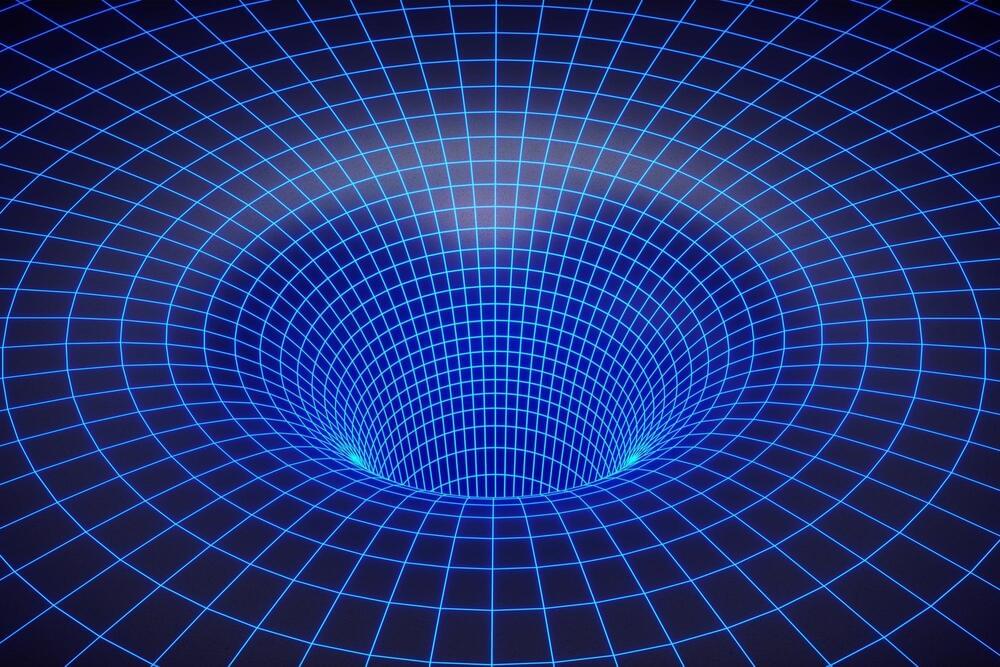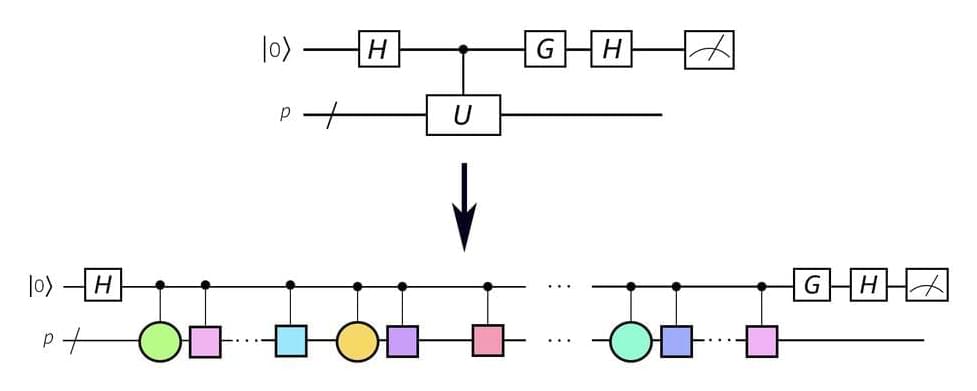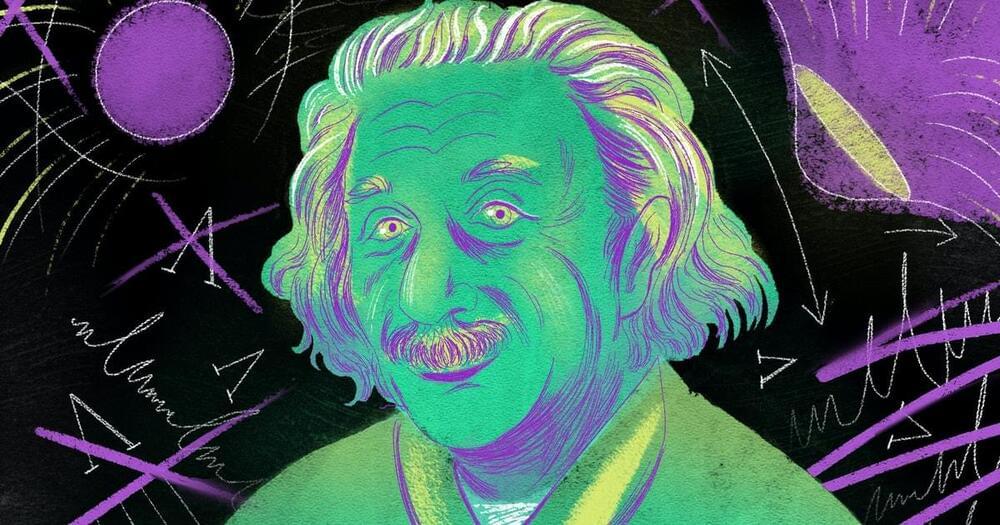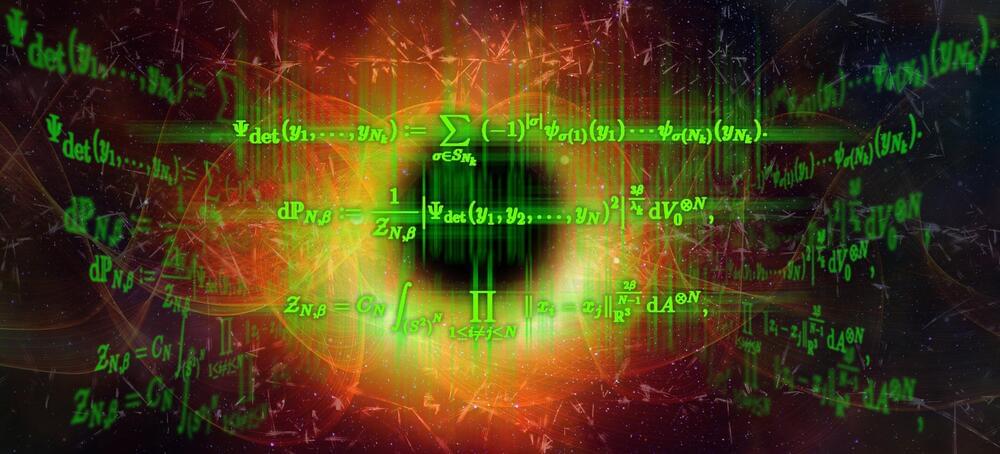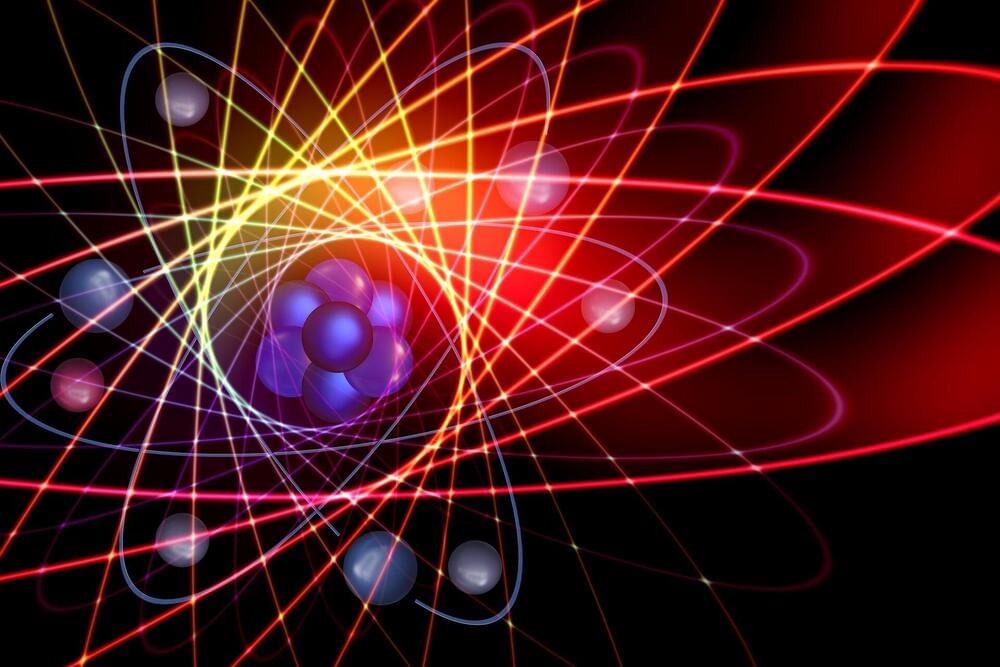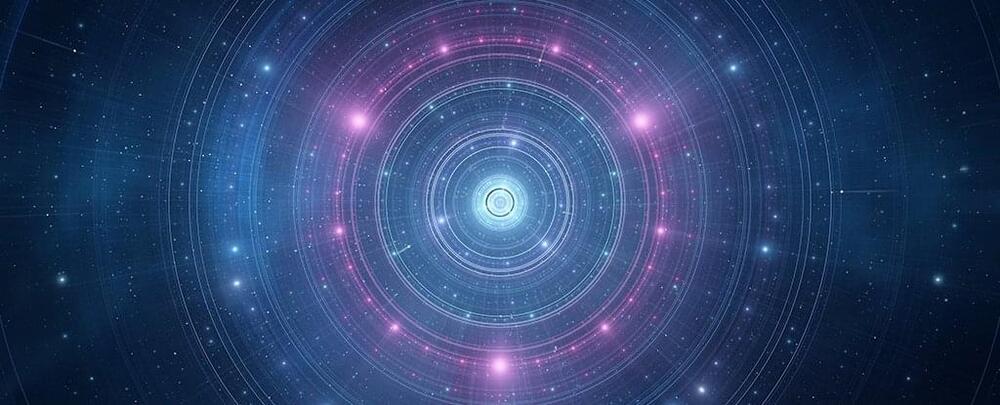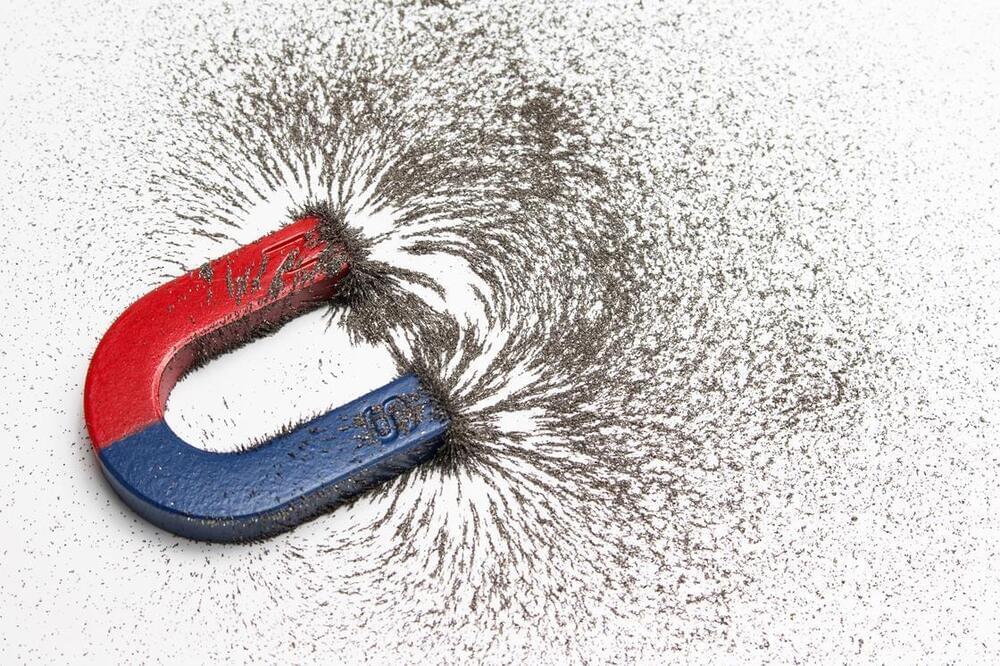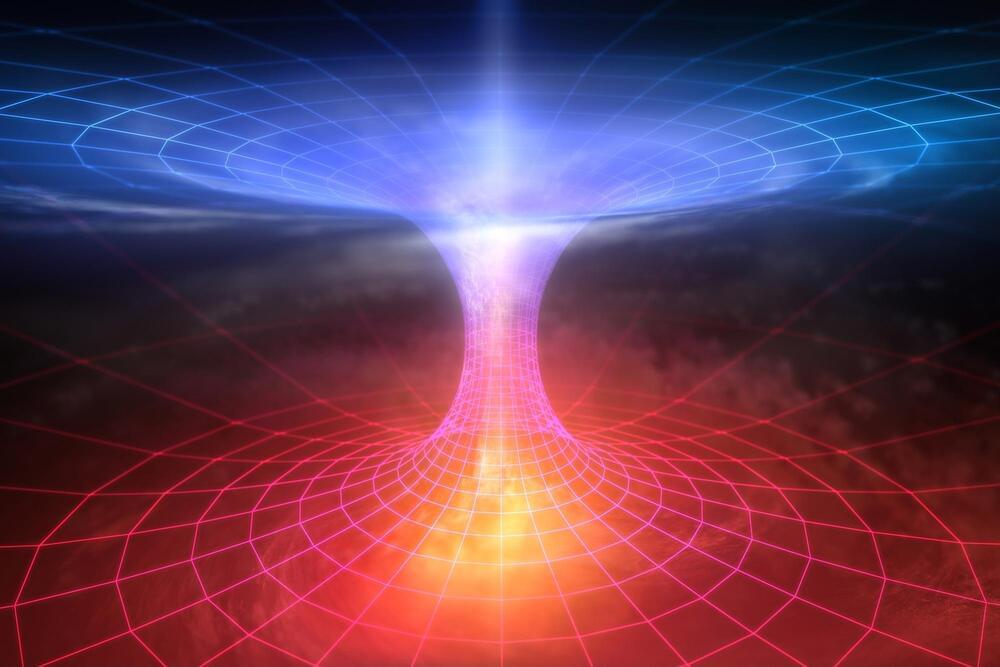Mar 17, 2022
Quantum Gravity: Mathematical Discovery Could Shed Light on Secrets of the Universe
Posted by Dan Breeden in categories: cosmology, mathematics, quantum physics
How can Einstein’s theory of gravity be unified with quantum mechanics? This is a challenge that could give us deep insights into phenomena such as black holes and the birth of the universe. Now, a new article in Nature Communications, written by researchers from Chalmers University of Technology, Sweden, and MIT, USA, presents results that cast new light on important challenges in understanding quantum gravity. Credit: Chalmers University of Technology / Yen Strandqvist.
How can Einstein’s theory of gravity be unified with quantum mechanics? It is a challenge that could give us deep insights into phenomena such as black holes and the birth of the universe. Now, a new article in Nature Communications, written by researchers from Chalmers University of Technology 0, Sweden, and MIT 0, USA, presents results that cast new light on important challenges in understanding quantum gravity.
A grand challenge in modern theoretical physics is to find a ‘unified theory’ that can describe all the laws of nature within a single framework – connecting Einstein’s general theory of relativity, which describes the universe on a large scale, and quantum mechanics, which describes our world at the atomic level. Such a theory of ‘quantum gravity’ would include both a macroscopic and microscopic description of nature.
